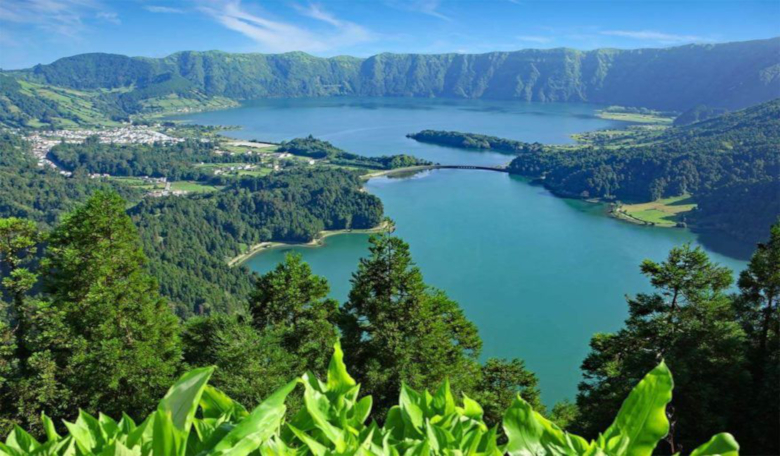At the 13th European Space Conference held this week both in Brussels and with an on-line presence, the Portuguese Space Agency has said it is looking at building a spaceport on the Azores islands.
Located about 1,400 kilometres (870 mi) west of Lisbon, Portugal’s capital, the Azores are a chain of nine volcanic islands in the Macaronesia region of the North Atlantic Ocean. It is one of the two autonomous regions of Portugal, the other being Madeira.
The port, which if implemented would add to a growing number of countries planning spaceports, such as the UK which could see the development of two spaceports at opposite ends of the country.
Speaking at the conference, Hugo Costa, a member of the Board of Directors at the Portuguese Space Agency said that Europe has at least two main big launchers and a space port but that a gap in medium launchers was evident.
Medium launchers would also need infrastructure and space ports to launch rockets to space and “if we increase the number of space ports that are available to Europe, this will again improve the European independent access to space,” Costa said.
Portugal has been a member of the European Space Agency for more than 20 years and its Santa Maria Island in the Azores archipelago is used to host one of ESA’s ESTRACK (ESA's Tracking Stations Network) antennas. However its space agency is relatively new and was only established 18 months ago.
During this short time the agency has made a big push forward with initiatives such as its national Space 2030 programme, a vision to promote economic growth by fostering the development, construction and operation of space equipment, systems, infrastructure and space data generation services.
With the space industry rapidly developing, Portugal hopes to leverage its geographical and Atlantic positioning to become a strong player in the space sector.
“The Portuguese space agency is a new kid on the block. But NewSpace is an opportunity to put Portugal on another level of capabilities,” Ricardo Conde, President of the space agency said at the conference.
Playing a big role in putting Portugal on the space sector map are private players said Costa, adding that is was industry not the government who identified the Azores as a potential place for a spaceport and access to space.
“It is important that industry can also develop roadmaps and make sure these policies are implemented,” Costa said.
With a a turnover of about 890 million euros between 2006 and 2015 directly related to space technologies, Portugal are keen to step-up efforts and raise the ambition of developing and promoting the space infrastructures of the future, said its space agency in a report.
Key to this will be “to exploit the natural alliances with Portuguese-speaking communities all over the world, as well as to develop new strategic alliances and international partnerships and to tap into the growth potential of Asian markets that are quickly expanding,” the report said.











